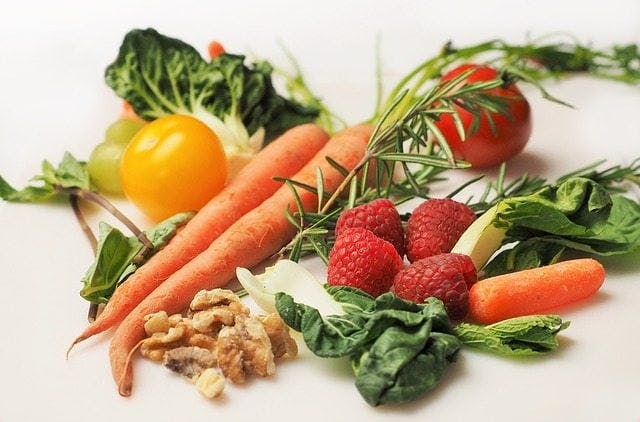
2024-07-12T16:54:51
Sunscreen Travel Tips
- Dermatology
October 28, 2016 | Nephrology

As some of the body’s primary waste removal vehicles, the kidneys are vital to basic health. They filter our blood nonstop, removing harmful toxins and excess in the form of urination. Without them, our bodies would slowly fill with what would effectively become poison over time.
Kidney disease is enormously prevalent, though, with roughly one in three American adults at risk. Many risk factors are genetic or age-related, but one firmly within our control is what we put in our bodies.
Before we get into a few specific examples of good and bad foods with kidney health in mind, some broad tips for your overall outlook:
By following these general tips, you’ve won half the battle. Simply keeping a detailed account of what enters your body is a great first step, and can prevent more drastic measures later on.
For those looking for a more detailed approach, here are a few specific types of foods on both the good and bad ends of the kidney health spectrum.
A smart and selective diet can go a long way to a healthy kidney and a prevention of complications down the line.
It’s tempting to assume an “anything green goes” mantra, but kidney health isn’t quite so black and white. Recall our tip above on limiting potassium and phosphorous in the diet – the former in particular can cause issues with all the muscles in the body, including the heart, if not properly managed.
With this in mind, stick to veggies with low potassium counts. We’re talking red bell peppers, garlic, onions and a few others. Cabbage, cauliflower and peppers are particularly beneficial, as each adds significant portions of vitamins to your diet as well.
By the other side of that same coin, some vegetables are bad for a healthy kidney even if they might be beneficial in other areas. Again, we’re looking mostly at veggies with higher potassium or phosphorous counts here: avocados, tomatoes, squash, spinach and more. Items like nuts and sunflower seeds, while not quite vegetables, are considered similar by some – but they’re high in phosphorous and should be avoided.
The body needs sodium, but in nowhere near the quantities we often consume it. Foods like processed meats or canned soups and vegetables are often very high in sodium, and these should be avoided. If possible, try to stay away from adding large quantities of salt to meals while cooking. Overly salty chips and snacks are a no-go.
Like veggies, fruits ride both sides of the fence when it comes to kidney health. Berries are typically excellent: blueberries, cranberries, raspberries and strawberries. The “apple a day” credo holds up here, as well – apples are a great choice, as are grapes. On the other hand, high-potassium fruits like bananas and melons should be a hard pass wherever possible.
As we noted earlier, protein is a tricky beast. The body needs it, but too much can become a problem in a hurry.
Due to their high protein content, those with any kidney concerns should generally avoid things like red meat, fish (in excess) and many kinds of poultry. Eggs can be an exception, particularly egg whites (always in moderation). Many of these items aren’t bad in the proper portions, but contain so much protein that even minuscule amounts are pushing the tolerance of at-risk kidneys. Those without any existing kidney concerns are certainly free to consume these items, with appropriate discretion regarding quantity and frequency.
We mentioned limiting fat and sodium earlier, and using oil as a substitute for certain bad foods is a great start. If you cook with butter – high in saturated fat – try switching to olive oil, which is higher in unsaturated fat. Olive oil has a number of health benefits even beyond your kidneys, as well.
If you have kidney disease, or are at risk for kidney disease, consult with your doctor about your eating plan. Your healthcare provider can help you establish a healthy diet that works for you and your kidney’s needs.
WRITTEN BY:
The Live Better Team


2024-07-12T16:54:51

2024-07-02T11:42:04

2024-07-01T13:49:28

2024-06-21T14:29:51
This information is not intended to replace the advice of a medical professional. You should always consult your doctor before making decisions about your health.